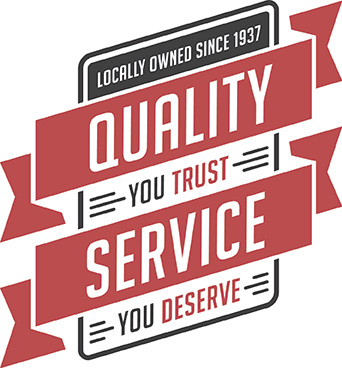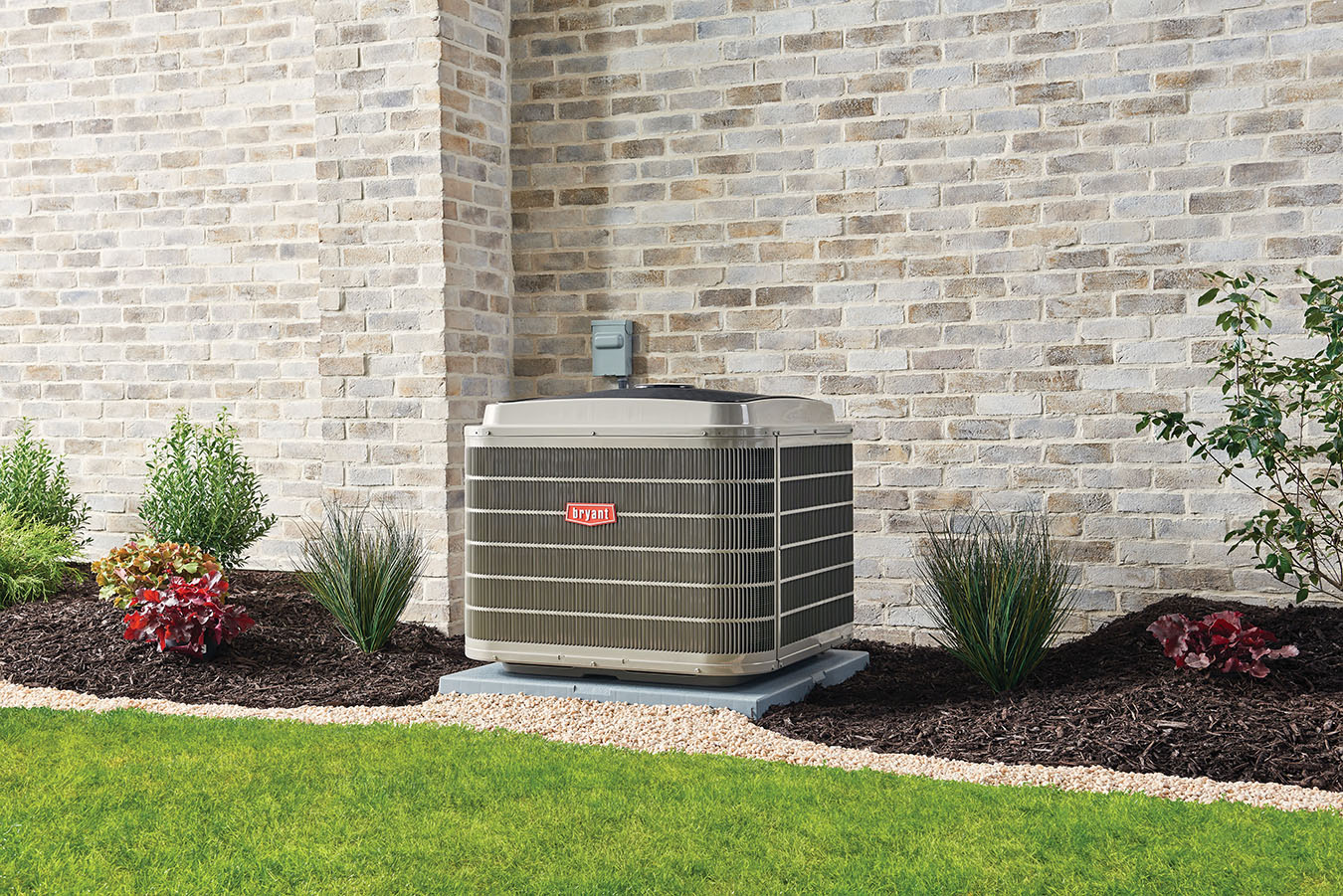What Indicators Show Your Furnace Is Failing? A Guide to Furnace Repair and Maintenance
Introduction
Imagine waking up on a freezing winter morning in Granger, only to find that your home feels just as cold as the outside. You check the thermostat, but your furnace isn’t keeping up. Is it a simple fix, or is your heating system about to fail?
Furnaces often show warning signs before breaking down completely. Recognizing these signs early can help you avoid expensive repairs and keep your home warm all season. In this guide, we’ll cover what indicators show your furnace is failing, when to attempt DIY furnace maintenance, and when it’s time to call a professional for furnace repair.
Recognizing the Early Signs Your Furnace Needs Repair
Catching furnace problems early can save you money and prevent unexpected breakdowns. Here are the most common warning signs to watch for.
1. Furnace Not Keeping Up with the Thermostat
If your home isn’t reaching the set temperature, your furnace might be struggling. Common causes include:
- Dirty air filters restricting airflow.
- Malfunctioning thermostats sending incorrect signals.
- Blocked exhaust vents preventing proper function.
If changing the filter doesn’t help, a professional furnace repair may be needed.
2. Strange Noises Coming from Your Furnace
A healthy furnace runs quietly. If you hear banging, screeching, or rumbling, something is wrong:
- Banging – Could mean delayed ignition or ductwork issues.
- Screeching – Often a worn-out blower motor belt.
- Rumbling – May indicate a problem with the burner or heat exchanger.
Ignoring these sounds could lead to costly repairs down the road.
3. Water Leaking from the Furnace
Furnaces don’t use water, but condensation leaks can occur in high-efficiency models. Possible causes include:
- Clogged drain lines preventing proper drainage.
- Malfunctioning condensate pump causing water to pool around the unit.
If you notice water near your furnace, it’s time for an inspection.
4. Unusual or Burning Smells from Your Furnace
Strange odors coming from your furnace shouldn’t be ignored:
- Burning smells – Could indicate dust buildup or melting electrical components.
- Gas or exhaust odors – May signal a dangerous gas leak or ventilation issue.
If you smell gas, shut off your furnace immediately and call a professional.
5. Carbon Monoxide Alarm Sounding
If your carbon monoxide detector goes off, leave your home immediately and call emergency services. A cracked heat exchanger or blocked vent can cause dangerous CO leaks.
6. Inconsistent or Uneven Heating
Are some rooms in your home much colder than others? This could mean:
- Your furnace isn’t distributing heat evenly.
- Your ductwork has blockages or leaks.
- Your furnace is too small for your home’s size.
A professional assessment can determine the best solution.
7. Increase in Energy Bills
A sudden spike in your heating bill may signal an inefficient furnace. Possible reasons include:
- Old age – Older units work harder to produce the same amount of heat.
- Worn-out components – Parts may be failing, making the system less efficient.
Regular DIY furnace maintenance, like replacing filters, can help, but a furnace nearing the end of its lifespan will eventually need replacing.
8. Excessive Dust, Dirt, Soot, or Rust
Noticing more dust in your home? Your furnace might not be filtering air properly. Potential causes include:
- Dirty air filters (an easy fix).
- Malfunctioning blower motor preventing proper airflow.
- Rust buildup, which may indicate moisture issues in the furnace.
9. Frequent Cycling On and Off
A furnace that turns on and off too often is short cycling, which could be caused by:
- A faulty thermostat misreading temperatures.
- Overheating due to airflow restrictions.
- Improper furnace sizing for your home.
Short cycling leads to higher energy bills and unnecessary wear on your furnace.
DIY Furnace Maintenance vs. Professional Furnace Repair
Some furnace issues can be handled with DIY furnace maintenance, while others require expert service.
DIY Furnace Maintenance Tasks
Homeowners can perform these simple maintenance steps:
- Change air filters every 1-3 months.
- Inspect the furnace for visible rust or cracks.
- Ensure vents and registers are not blocked.
Regular maintenance helps prevent common furnace problems.
When to Call a Professional
Certain problems should always be left to an HVAC technician:
- Gas leaks – If you smell gas, shut off the furnace and leave the house immediately.
- Carbon monoxide concerns – A professional should inspect for leaks.
- Electrical issues – Faulty wiring or a broken blower motor requires expert repair.
If you’re unsure, it’s best to schedule a professional furnace repair.
When Is It Time for a New Furnace Rather Than Furnace Repair?
Sometimes, repairing an old furnace isn’t the best option. Here’s how to tell when replacement is a smarter investment.
Age of the System
Furnaces typically last 10-15 years. If yours is over 15 years old and showing signs of failure, consider replacing it.
Frequent Repair Needs
If your furnace requires constant repairs, the costs can quickly add up. Compare the price of ongoing repairs to the cost of a new, energy-efficient system.
Other Considerations
- Cracked heat exchanger – A serious safety risk that often warrants a new unit.
- System compatibility – Upgrading to a variable-capacity or two-stage air conditioner may require a matching furnace.
Deciding whether to repair or replace your furnace can feel overwhelming, especially when comfort and cost are on the line. A Comfort Advisor from Goff Heating and Air Conditioning will take the time to assess your system, listen to your concerns, and provide honest recommendations tailored to your home’s heating needs and budget. Whether your furnace just needs a simple fix or it’s time for a more energy-efficient upgrade, we’re here to guide you through the process with expert advice and no-pressure solutions.
Frequently Asked Questions (FAQ)
How often should I change my furnace filter?
Every 1-3 months, depending on usage, allergies, and whether you have pets.
What does a gas leak smell like?
A rotten egg or sulfur-like odor is a common indicator of a gas leak. If you suspect a leak, leave your home and call a professional immediately.
Is a yellow flame in my furnace dangerous?
Yes. A yellow flame can indicate improper combustion, which may produce carbon monoxide. This requires immediate attention from an HVAC professional.
How can I tell the age of my furnace?
Check the owner’s manual, or find the model and serial number on the unit. You can often look up the manufacturing date online or call a professional for assistance.
Can I do my own furnace repair?
Basic maintenance, like replacing air filters and checking vents, is safe for homeowners. However, gas, electrical, and mechanical repairs should always be handled by a licensed professional to ensure safety and proper operation.
Are there additional fees I should expect when getting my furnace repaired?
Repair costs vary based on the issue and parts required, but some common additional fees may include:
- Diagnostic fees to assess the problem.
- Emergency service fees for after-hours or weekend repairs.
- Replacement part costs if components need to be swapped out.
At Goff Heating and Air Conditioning, we believe in transparent pricing, and we’ll always provide upfront estimates before any work begins.
How can I determine if furnace repair or replacement is more cost-effective?
Consider these factors:
- Age of your furnace – If it’s over 10 years old, replacement may be the better long-term investment.
- Frequency of repairs – Frequent repairs often signal that a furnace is nearing the end of its lifespan.
- Energy efficiency – A new furnace may save you money on utility bills compared to an aging, inefficient system.
A Comfort Advisor from Goff Heating and Air Conditioning can assess your furnace and help you decide on the most cost-effective option for your home and budget.
What are the most common signs my furnace needs repair or replacement?
Some of the most frequent indicators include:
- Inconsistent or insufficient heating
- Strange noises (banging, screeching, or rumbling)
- Rising energy bills without explanation
- Frequent cycling on and off
- Unusual odors or carbon monoxide alarms going off
If you notice any of these signs, schedule a professional inspection to determine whether repair or replacement is the best course of action.
How does the cost of furnace repair compare to furnace replacement options?
A single repair is often more affordable than a full replacement. However, if you’re facing frequent breakdowns or expensive component failures, replacement might be more cost-effective in the long run.
Here’s a quick comparison:
- Minor repairs (like igniter replacements or sensor cleanings) can cost a few hundred dollars.
- Major repairs (like a cracked heat exchanger) can cost over $1,500.
- A new furnace can range from $4,500 to $9,500, but offers better energy efficiency and fewer future repair costs. For residential customers, new furnaces often come with manufacturer warranties covering parts and, in some cases, labor. Be sure to ask about warranty details to protect your investment and minimize future repair costs.
Not sure which option makes sense? Our team at Goff Heating and Air Conditioning will provide honest recommendations to help you make the best choice for your home.
Conclusion
At Goff Heating and Air Conditioning, we believe in keeping your home warm, safe, and comfortable with honest advice and dependable service. Recognizing the early signs of furnace trouble—like unusual noises, inconsistent heating, rising energy bills, or carbon monoxide alarms—can help you take action before a costly breakdown occurs.
For minor concerns, simple DIY furnace maintenance, like changing your air filter, can make a difference. But for larger issues, a professional furnace repair is the safest and most effective solution.
If your furnace isn’t performing as it should, don’t wait until it stops working completely. Our expert team is here to help with thorough inspections, honest recommendations, and top-quality repairs. Contact Goff Heating and Air Conditioning today, and let us provide you with the quality you trust and the service you deserve—since 1937.



